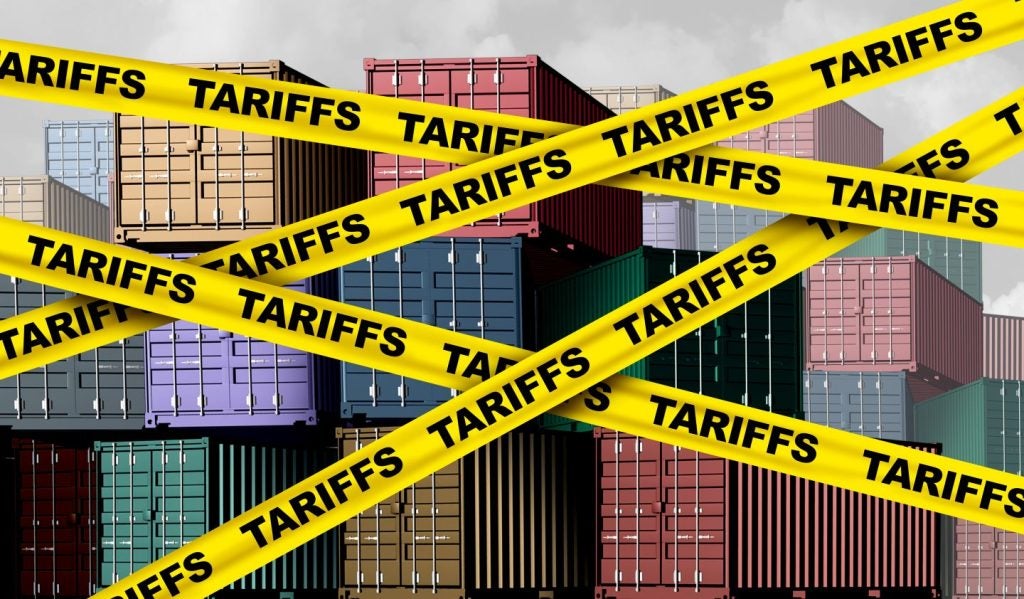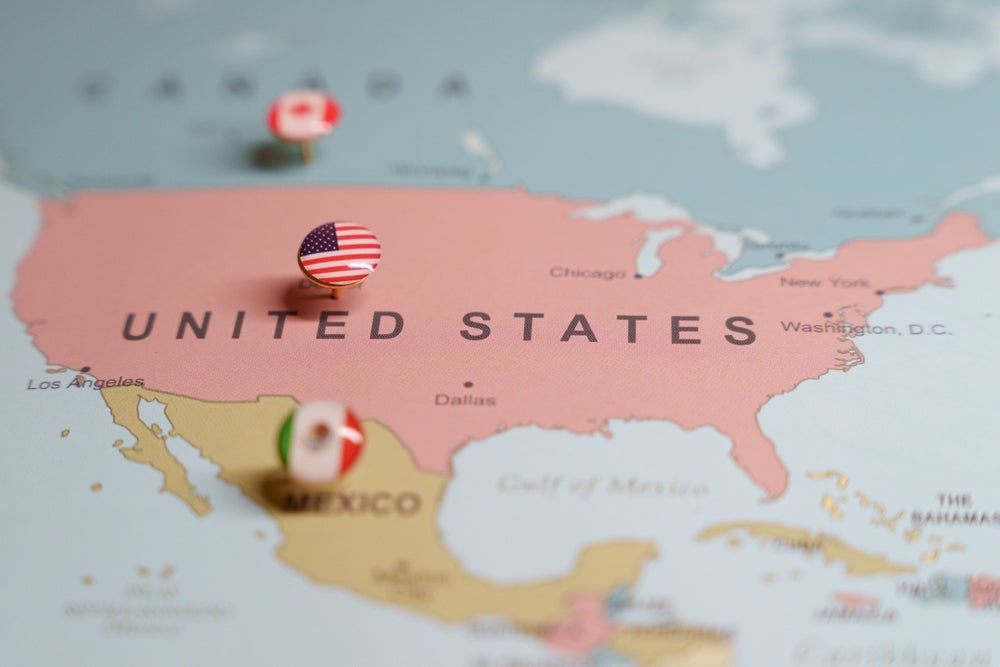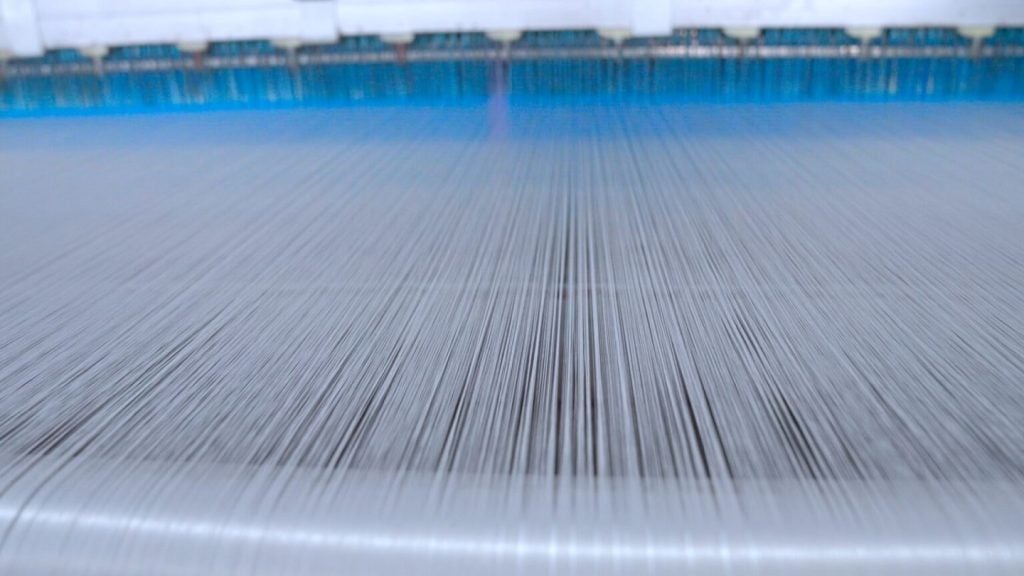On 6 March, President Donald Trump signed an executive order which would see most goods imported from Mexico and some from Canada exempted from his trade tariff regime for four weeks.
The tariff suspension will cover about half of imports from Mexico and about 38% from Canada.
AAFA President and CEO Steve Lamar told Just Style: “While there is very short-term relief that some of these damaging duties were temporarily deferred, confidence in our free trade partnerships is being steadily eroded while this destructive tariff cycle rages. This landscape is impossible to forecast and stifles business operations and growth.”
Meanwhile Sheng Lu, professor of apparel and textile studies at the University of Delaware, told Just Style: "While the latest executive order has temporarily paused the tariff increase on many US imports from Mexico and Canada, including textiles and apparel, the upcoming reciprocal tariffs in April remain a significant source of uncertainty for US fashion companies sourcing from the region.
"Notably, there is a strong co-production supply chain between the US textile industry and apparel producers in Mexico and Canada. In 2024, over 60% of US yarn and fabric exports were sold to Mexico and Canada, making them the single largest export market for US textile producers. Meanwhile, more than 90% of Mexico’s apparel exports are destined for the US market, with most incorporating US-made textile inputs.
"Given this deep interdependence, an uncertain and unpredictable trade policy could discourage US fashion companies from committing to sourcing from the region, ultimately harming US companies and businesses, especially textile producers."
Julie Hughes, told Just Style the industry was suffering the effects of "tariff whiplash" - when tariffs are announced and then revised and maybe paused -- which she said "sends a terrible message to the business community."
"It undercuts confidence and the ability to plan, whether you make autos or computers or fashion. This action also ignores the fact that not all products with US inputs can meet the tough rules of origin for USMCA. We still are hurting apparel made with US cotton or US fabrics that use specialty yarns. We hope the Administration will see that tariffs are not the solution to every problem."
Kim Glas, president and CEO of the National Council of Textile Organisations thanked the President for pausing the 25 percent penalty tariffs on qualifying imports from Mexico and Canada under the USMCA trade deal for one month, while all parties continue to negotiate a deal to address his administration’s concerns over illegal immigration and fentanyl trafficking.
"We urge an expeditious resolution for all the parties to ensure the vitality of the US textile industry.
“Under USMCA, the US textile and apparel industry has formed a vital coproduction chain with Mexico and Canada that supports 1.6 million workers and generates $20 billion in two-way trade. It is by far the largest export region for American textile producers, representing $12.5 billion in combined U.S. exports – 53 percent of our total annual exports. US textile inputs routinely come back as finished products to the United States under the trade agreement.
“As such, imposing tariffs on imported goods that comply with the USMCA would only serve to harm a key US manufacturing sector that contributes significantly to the US economy and workforce. It would also adversely impact two key trading partners and a North American coproduction chain that competes directly with China and Asia. In addition, it would further undermine the US industry’s ability to make critical products for the US military if this critical production chain were harmed.
“We appreciate President Trump’s delay in these tariffs and urge a more measured approach as well as a negotiated solution that at the very least exempts qualifying USMCA goods from penalty tariffs and closes the de minimis loophole once and for all."
Earlier this week, the US fashion and retail sectors urged the Trump Administration to rethink the 25% tariff on US imports from Canada and Mexico and an extra 10% tariff on China goods, warning they would severely impact US fashion businesses and consumers. The tariffs had been delayed from an earlier implementation date of 1 February.
Mexico and Canada announced retaliatory measures and China said it will impose fresh tariffs on a range of agricultural imports from the US.
The American Apparel & Footwear Association (AAFA) earlier warned that the escalating tariffs threaten the stability of the consumer-driven economy and the 3.5m jobs supported by the fashion industry.
It urged discussions with government officials to establish smart trade policies that benefit both US exports and imports while urging Congress to play its role in managing tariffs and renewing beneficial trade agreements.
“These new tariffs are compounding rapidly. Amid other hints at hitting hard on the EU and other allies as well, each HTS code of tariffs snowballs into a growing – and potentially crushing – burden on American businesses and hardworking American families,” AAFA president Steve Lamar noted.
Lamar added: “Both sides of this trade equation support hundreds of millions of American consumers and workers, and the communities in which they live. We also look to the 119th Congress to assert its constitutionally mandated roles on tariffs to ensure these trade policies can achieve their objectives in a clear manner and to reactivate and renew beneficial trade agreements and trade preference programmes that leverage US economic objectives while promoting predictable market access.”
Meanwhile, the USFIA expressed disappointment noting the tariffs ignore the complex Western Hemisphere supply chains and close trade ties created by textile and apparel companies during the more than 30 years since a regional free trade agreement first came into effect.
“US cotton supplies about 60% of Mexico’s textile production needs, according to the USDA’s Foreign Agricultural Service. US government data also shows that in 2024, $3.1bn (or 3%) of US apparel imports came from our USMCA partners, Canada and Mexico,” USFIA added.
And the National Foreign Trade Council’s Global Trade Policy vice president Tiffany Smith added: “Imposing tariffs on Canada and Mexico threatens to chill a collaborative effort to strengthen our shared border and risks starting a trade war with America’s closest trading partners."
















